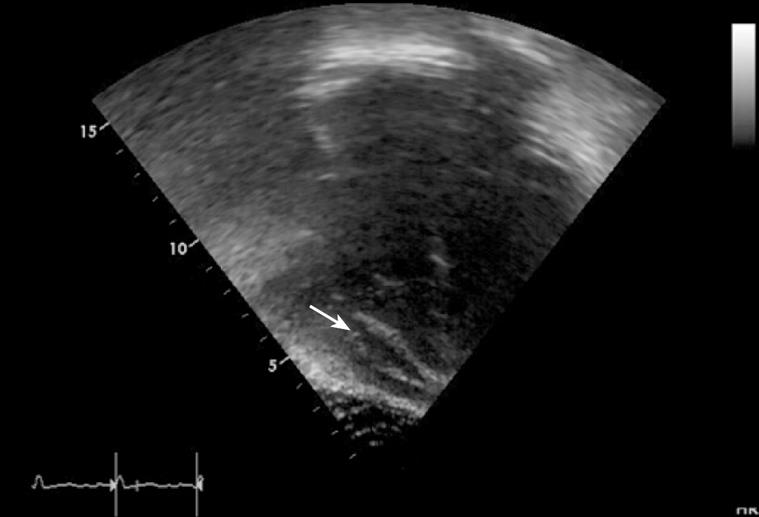
Fast heartbeat or heart palpitations (the unpleasant feeling of your own heartbeat without feeling for your pulse).The main symptoms of pericardial effusions and cardiac tamponade include: Symptoms are more likely when an effusion happens quickly, involves a large amount of fluid or causes cardiac tamponade. Pericardial effusions may not cause any symptoms, especially when they’re small or happen slowly.

What are the symptoms of pericardial effusion? Without treatment, cardiogenic shock is deadly. Over time, your heart can't keep up, and you go into cardiogenic shock, which makes your heart stop. If you keep filling the bottle, eventually you can't blow up the balloon at all.Īs your heart pumps less and less blood, it speeds up to try to make up for its limited pumping ability. If you add water to the bottle, there's less space and you can't blow up the balloon as much. When the bottle is empty, there's more space for the balloon to inflate. In this example, your heart is the balloon and the bottle is the pericardium. Eventually, your heart doesn’t have room to expand so its chambers can fill up with blood.Īn easy way to see how pericardial effusion affects your heart is by trying to blow up a balloon inside of a plastic bottle. As the pericardium fills up, there's less space for your heart to expand. That lets the chambers of the heart fill up with blood before they squeeze. How does this condition affect my body?Įvery heartbeat starts with a pause where your heart muscle relaxes and expands. Sometimes, pericardial effusion is an incidental finding on an imaging test, meaning healthcare providers discover it without intending to. However, there’s very little data on exactly how common it is. Because of that, it can happen to people of any age or background. Pericardial effusion can happen for a wide range of reasons. Who does it affect, and how common is this condition? A pleural effusion keeps your lungs from expanding as they should, which makes it harder for you to breathe. The pleural cavity is the sac that surrounds your lungs, and a pleural effusion is when fluid fills up that space. Pleural effusion is similar to pericardial effusion, but it happens in a different place inside your chest.

What is the difference between pericardial effusion and pleural effusion? Without quick treatment, it can cause your heart to stop, which is eventually fatal within minutes to hours.

Cardiac tamponade happens when there’s too much fluid inside the pericardium, which means your heart has no room to expand and fill up with blood. Under normal circumstances, the pericardium has just enough fluid to cushion your heart, but not so much fluid that your heart can’t expand and fill up with blood with every heartbeat. Between the inner wall of the pericardium and your heart is a thin layer of fluid, which cushions and protects your heart from outside forces (much like bubble wrap around a fragile item inside a shipping box). The pericardium is a double-walled sac that surrounds the heart. What is the difference between pericardial effusion and cardiac tamponade? If the buildup is severe or happens quickly, it can compress your heart and cause cardiac tamponade, a life-threatening medical emergency. It can happen for a wide range of reasons, including infections, injuries or other medical conditions. Pericardial effusion is a buildup of fluid in the space around the heart.


 0 kommentar(er)
0 kommentar(er)
